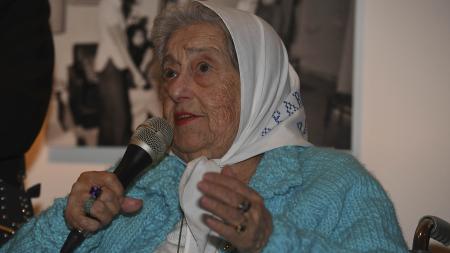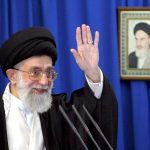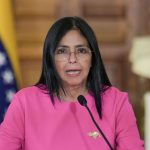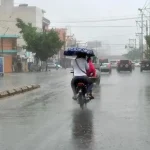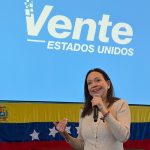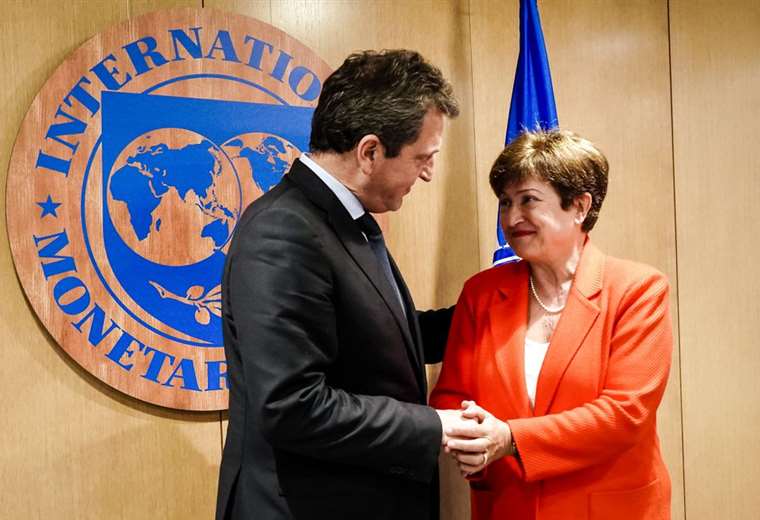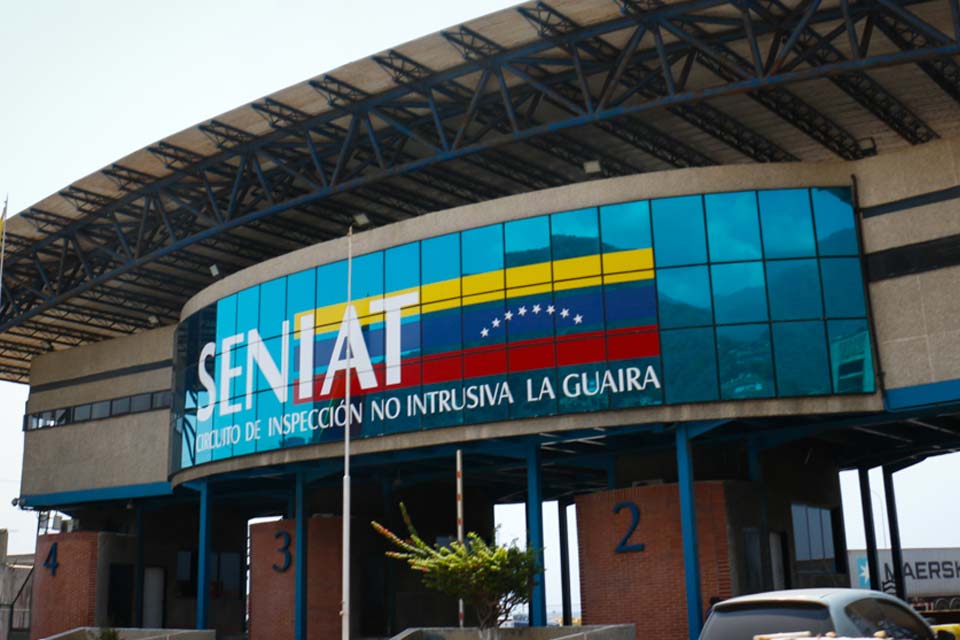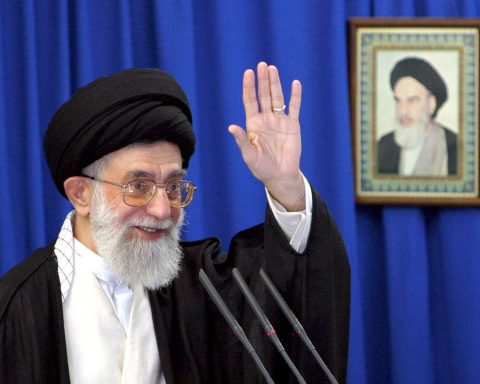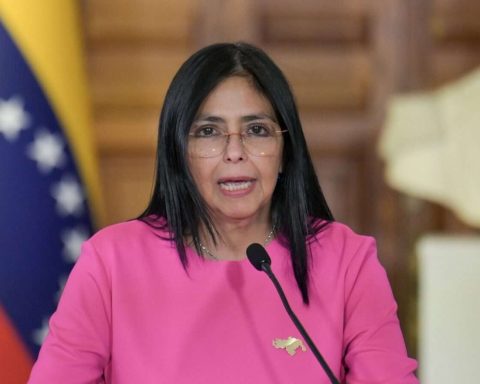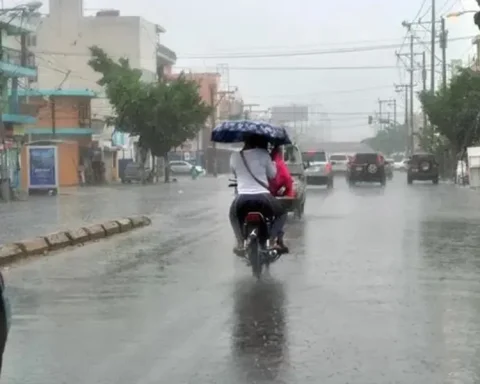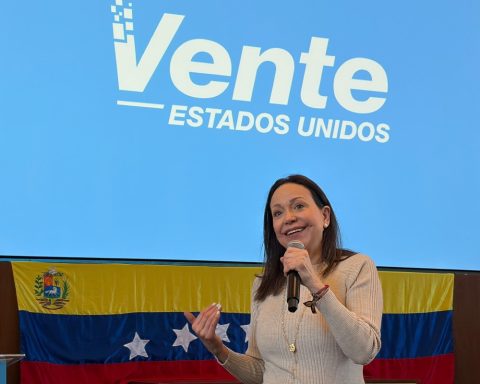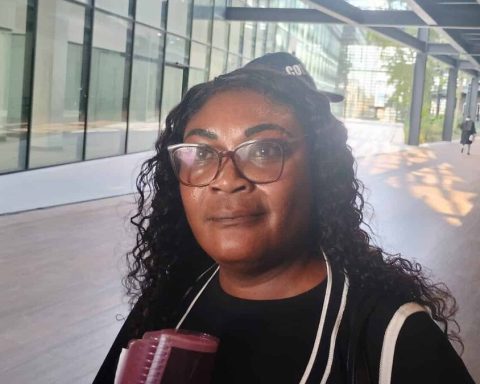Writers, lawyers, personalities of culture and public universities will meet this Saturday at the Faculty of Philosophy and Letters of the UBA, within the framework of the third edition of the so-called ‘Horacian Assemblies’, to remember the recently deceased Hebe de Bonafini and discuss how to organize in the face of the “violent offensive against the popular movement” that awarded to the “Judicial Power and economic powers”, three days after the reading of the verdict in the ‘Roads’ case.
“The judiciary and the economic powers are preparing to deepen their political maneuvers in favor of the right and the extreme right”alerted the organizers in the call that they spread through the networks, and at the same time stressed that the act headed by the Vice President in La Plata on November 17 opened “in the voice of Cristina a set of alternatives that once again question and multiply militant energy”.
Created a month and a half ago, the Open Space ‘Assemblies Horacianas’ is formed by a heterogeneous collective of intellectuals, actors, musicians and legal specialists who this Saturday They will meet at 11 in room 218 of the Faculty of Philosophy and Letters, on Calle Puan 480 in the City of Buenos Aires, to complete its third assemblywhich on this occasion will be crossed by what the Federal Oral Court (TOF) 2 announces next Tuesday in the Public Works trial in Santa Cruz.
The organizers of the meeting among which are the former Attorney Alejandra Gils Carbó and former AFI controller Cristina Caamaño, will dedicate a section of the plenary session to the work of judge María Eugenia Capuchetti in the investigation of the attack on Cristina Fernández de Kirchnera performance that in the digital flyer distributed by the networks they defined as “a shameful buffoonery”.
“The same judge who is in charge of the debt case (by Capuchetti and the indebtedness contracted with the IMF during the Cambiemos administration), the act of war promoted by the Macri government, turned the investigation into the attack into a shameful buffoonery”, questioned the signatories of the call text, among whom appear the names of the actresses Cristina Banegas and Rita Cortese, the historian Norberto Galasso, the Italian-Argentine philosopher Rocco Carbone, the musicians Juan Falú and Liliana Herrero and the economists Guillermo Wierzba and Horacio Rovelli.
Several of the participants were part of the Open Letter experiencewhich had the remembered Horacio González as one of its main promoters, and for this reason they decided to baptize this area of discussion and exchange as ‘Horacian Assemblies’.
That group of discussion and intervention in the public agenda had among its members the essayist María Pía López and the editor Aurelio Narvajawho now participate in this new space for political debate.
Narvaja, director of the Colihue publishing housetold Télam that the objective of the activity will be “prepare to repudiate the possible conviction against Cristina, that seems unfair to us and about which we are very clear that it is going to be a watershed, but we have no doubts that we are going to defend it”.
“We know that it is a long fight, it can be a conviction in the first instance and if it happens, if they have the audacity to do it, It will not be the end of anything but one more episode in this fight”he said, and assured that forward a time is coming to “accompany, bank and support the candidacy of Cristina so that these guys (by Together for Change) don’t manage the country’s destinies again.”
Carbone, author of the book “Capital Mafia. Let’s change, the hidden logics of power,” warned that The Highway trial is part of an action carried out by “political, social, judicial and media-monopolistic actors who seek to proscribe or annihilate the Vice President because she is a symbol of national and popular life, and with this proscription they intend to proscribe the entire national and popular camp”.
“The immediate objective is that, but the immediate objective is to destroy or reduce the Nation State, as (Mauricio) Macri has just published in the final part of the book ‘For what’, where he clearly says that his political model is the end of the long run.” economic cycle of populism and the logic of the paternalistic State, that is, the destruction of sovereignty,” added the philosopher born in Cosenza, Calabria, in southern Italy, but who has been living in Argentina for years.
